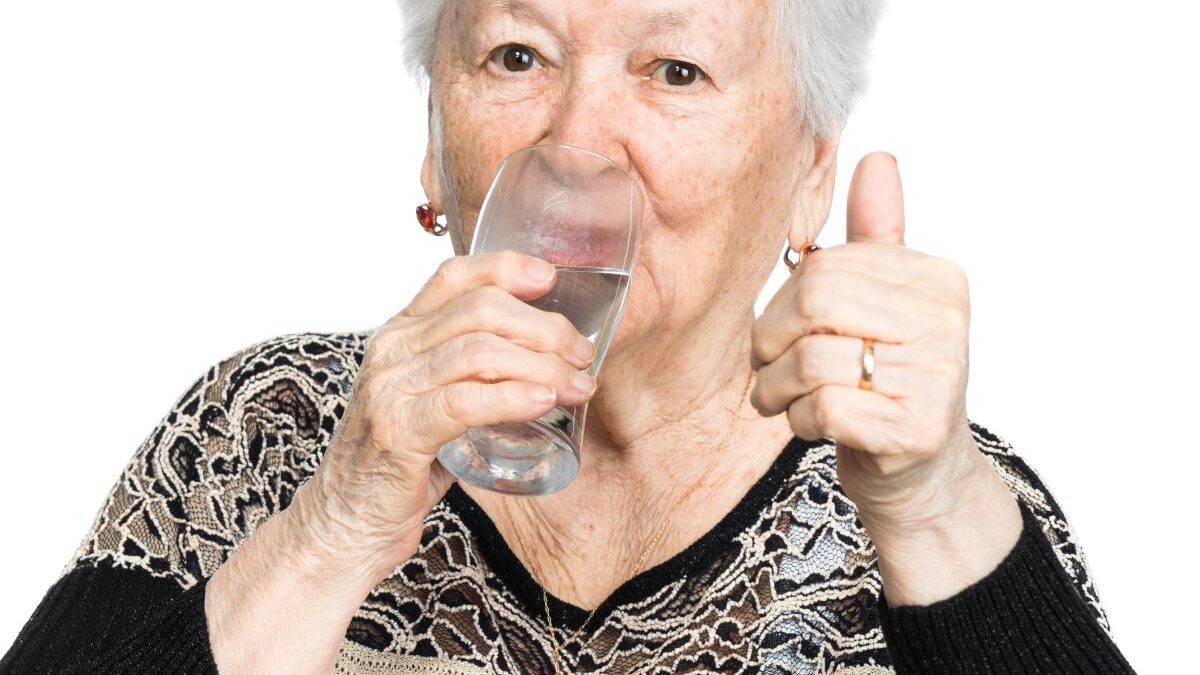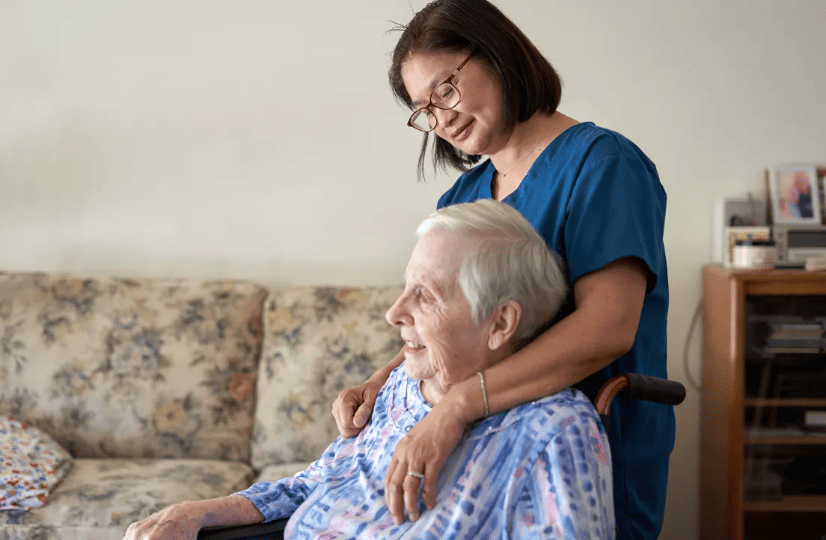- 5 Star Home Care COVID-19 Update PLEASE CLICK HERE
Danger of Dehydration and UTIs Among Seniors

Keeping Your Mind Sharp When Outside Activity Is Limited
June 23, 2020
Beyond the Pandemic: The Expanding Role of In-Home Care
July 22, 2020Dehydration is among the most common fluid and electrolyte imbalances seen among seniors. If left untreated, persistent dehydration can adversely affect the renal and neurologic systems, as well as mental acuity and cognition. In the presence of other common illnesses, such as a urinary tract infection (UTI), dehydration can mimic or worsen existing dementia. So, it’s important to take a few moments to understand the problem.
Causes of Dehydration among Seniors
To understand how best to prevent and treat dehydration in elders, it’s important to identify potential causes. Water depletion can be caused by fever, diabetes insipidus, essential hypernatremia (increased sodium levels), hypodipsia (decreased thirst), and other factors. Dehydration can be complicated by electrolyte loss that may result from diuretic medications, renal salt wastage, adrenal insufficiency, vomiting or diarrhea, excessive sweating, or even burns.
It’s also important to note that elders can perceive thirst differently than their younger counterparts. Simply “not feeling thirsty” is often cited as a reason that elders report low water intake that can lead to dehydration. And the less body fluids there are, the lower the kidney function—a dangerous cycle if left unchecked. Understanding these factors can help clinicians, home care aides, and family members prevent dehydration before it becomes a serious health problem.
Symptoms of Dehydration
Spotting the symptoms of dehydration early can help prevent more severe consequences if left unnoticed.
Mild symptoms include:
- Dry mouth
- Thickened saliva
- Difficulty passing urine
- Darkened urine
- Constipation,
- Cramping of limb muscles
- Weakness, sleepiness, and irritability.
If dehydration is left untreated, it can result in more severe effects, such as:
- Low blood pressure,
- Gastrointestinal bloating
- Rapid pulse and respiration
- Loss of skin elasticity
- Convulsions
Dehydration, UTI’s, and Dementia
Among patients with existing cognitive deficits, a fluid or electrolyte imbalance can be complicated by a urinary tract infection (UTI). Seniors with dementia often experience a spike in cognitive symptoms when they develop a concurrent UTI. Increased rates of confusion, disorientation, memory loss, and even combativeness have been seen in cognitively impaired seniors suffering from a UTI. Fortunately, antibiotic treatment over 5–10 days usually stops the UTI, and results in a return of cognitive health following treatment.
Preventing Dehydration—How Much Water is Healthy?
As a general rule, divide a person’s body weight in pounds by 3 to yield the amount of water (in ounces) that they should consume daily. For example, a 150-pound person (150 divided by 3 = 50) should consume approximately 50 ounces of water—or about 6 8-ounce cups—daily.
If your loved one isn’t consuming a sufficient amount of water daily, don’t panic. Water isn’t our only hydration source. Fruits, juices, puddings, and even power drinks like Gatorade can help maintain fluid and electrolyte levels without dramatically increasing drinking water intake.
The Role of Home Care
Independently living seniors can handle many of the challenges that life throws at them. But sometimes a little guidance and assistance are required. A visiting or live-in home care aide can help keep your loved one healthy and hydrated by:
– Gently promoting healthy water consumption
– Ensuring that fruits and other alternate water sources are available and fresh
– Checking medication dosing to ensure compliance with any anti-UTI meds
– Staying alert to any changes in behavior or cognition.
– Notifying healthcare professionals of any signs of progressive illness.
5 Star Home Care serves the Philadelphia metro area, including Bucks, Chester, Delaware, and Montgomery Counties.
Contact us today, and discover what peace of mind feels like. That’s why we work closely with each family to ensure that your loved ones get the compassionate care they need. If you or someone you know is an independently living senior who may need assistance in performing their daily activities, contact us today and discover how we can help.




